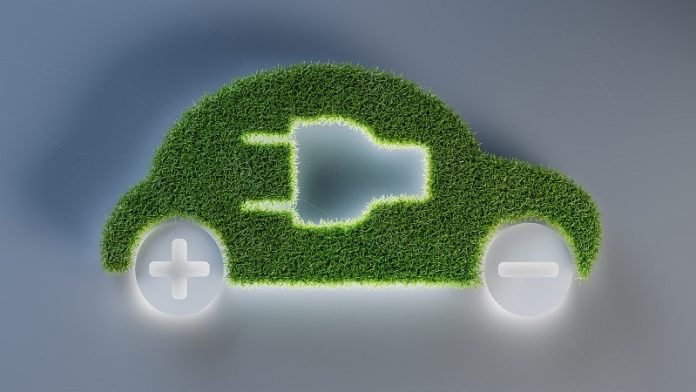
Researchers from the University of Birmingham have developed an exciting new way to recycle electric car batteries.
Instead of using lots of energy and harmful chemicals, they are using something you might not expect: vitamin C!
Yes, you read that right! The team is using ascorbic acid, which is basically vitamin C, to break down parts of old batteries from electric cars.
They tested this method on a battery cell from a Nissan Leaf, a popular electric car, that was used for 40,000 miles.
In their tests, they found that vitamin C can help separate the valuable parts of the battery from the less valuable ones. Normally, recycling methods mix everything up and then use strong chemicals to separate them. This old way can be harmful to the environment and complicated.
But with the vitamin C approach, they can get rid of the less useful material while keeping the valuable parts in a solid form, ready to be used again.
This means we could recycle batteries more efficiently and in an environmentally friendly way!
This awesome idea comes from Professor Peter Slater, Professor Paul Anderson, and Dr. Laura Driscoll from the School of Chemistry at Birmingham. Their university has even patented this method!
The team is part of a bigger project called ReLiB, which is all about improving how we recycle electric car batteries. Professor Slater points out that while battery technology is advancing, recycling methods haven’t caught up. Their new method could change that by making recycling faster, cheaper, and greener.
He said, “With our method, we can directly recycle valuable parts of the battery, keeping their high value. It’s like taking out the gold and leaving behind the dirt.”
Interestingly, the researchers chose the Nissan Leaf battery because it’s one of the first electric cars that many people bought. As these cars get older, their batteries will be the first ones needing recycling.
Professor Slater believes that their new method can reduce costs and steps to recover useful materials. These materials can then be made into new batteries without causing much harm to the environment.
Now, the team is trying to make their method work on a larger scale. They’re looking for partners to help them test this out more and maybe even start using it in real-life recycling centers.
In short, this new discovery means that recycling electric car batteries might soon become as easy as taking your daily vitamin C!
Follow us on Twitter for more articles about this topic.



